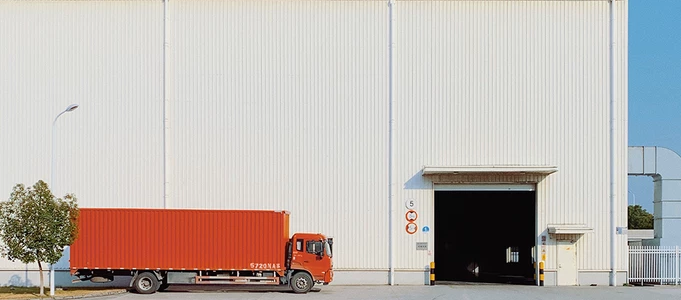
The ongoing COVID-19 pandemic has greatly shifted our economy, making it more homebound and heavily reliant on e-commerce. The growing demand for e-commerce and rising consumer expectations have placed additional pressure on retailers to effectively and efficiently expedite delivery without increasing costs. This has brought renewed attention to order fulfillment, especially last mile delivery.
Last mile delivery, also known as final mile delivery or final mile logistics, refers to the transportation of goods from a warehouse or distribution center to their final destination, which is usually the customer’s doorstep. Retailers have been forced to look at efficiencies through the entire delivery process and many are looking at how to best manage the use of their transportation fleets. Below are two trends we are closely following:
Insourcing Deliveries
Some retailers have opted to handle last mile deliveries internally, relying on their own fleet of vehicles or a hybrid fleet to fulfill orders, instead of outsourcing. While outsourcing, by all means, is still more commonly used, some retailers are looking into alternate options such as co-oping with competitors in their region to share assets and reduce final mile logistics costs. This trend has inspired some 3PL providers to develop their own local delivery services to compete with insourcing, with vehicles and technicians on-hand for local deliveries.
Hybrid Fleet Management Systems
The hybrid fleet model, a combination of a trucking company’ own fleet, paired with contractors, third-party providers and freelance drivers, is gaining popularity as it helps to scale fleet size in accordance with changes in demand. A hybrid fleet model offers greater flexibility and affordability than the traditional model. If aligned correctly with your fleet operator, there are even more opportunities to create value-added synergies within your supply chain, including optimizing deliveries within your entire network, mitigating deadhead miles with empty trucks and even introducing the potential to broker your truck capacity in certain lanes.
A hybrid fleet strategy requires a fleet management system capable of enabling efficient transportation execution. Similar to traditional fleet management systems, which enable businesses to gain insight and analytics into vehicle and technician performance, a hybrid fleet management system provides you with a centralized dashboard from which you can optimize routing, monitor vehicle location, receive delivery updates and weather alerts, access historical reports and more, all in real time. With a hybrid fleet management system, you get the best of both worlds in terms of both scalability and control, making it one of the leading trends for last mile delivery today.
Advantage Asset Tracking helps businesses with fleets of all sizes to navigate the complex world of fleet management and personal safety solutions. Serving the role of both consultant and guide, Advantage walks fleet managers step-by-step through the entire technology roadmap so that you can identify the most creative , yet economical solution for managing their hybrid fleets.

